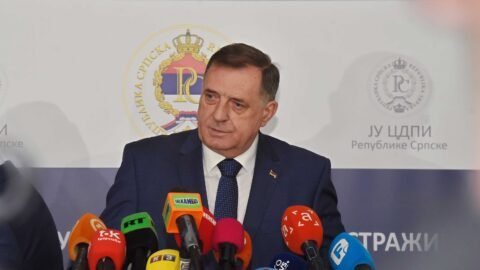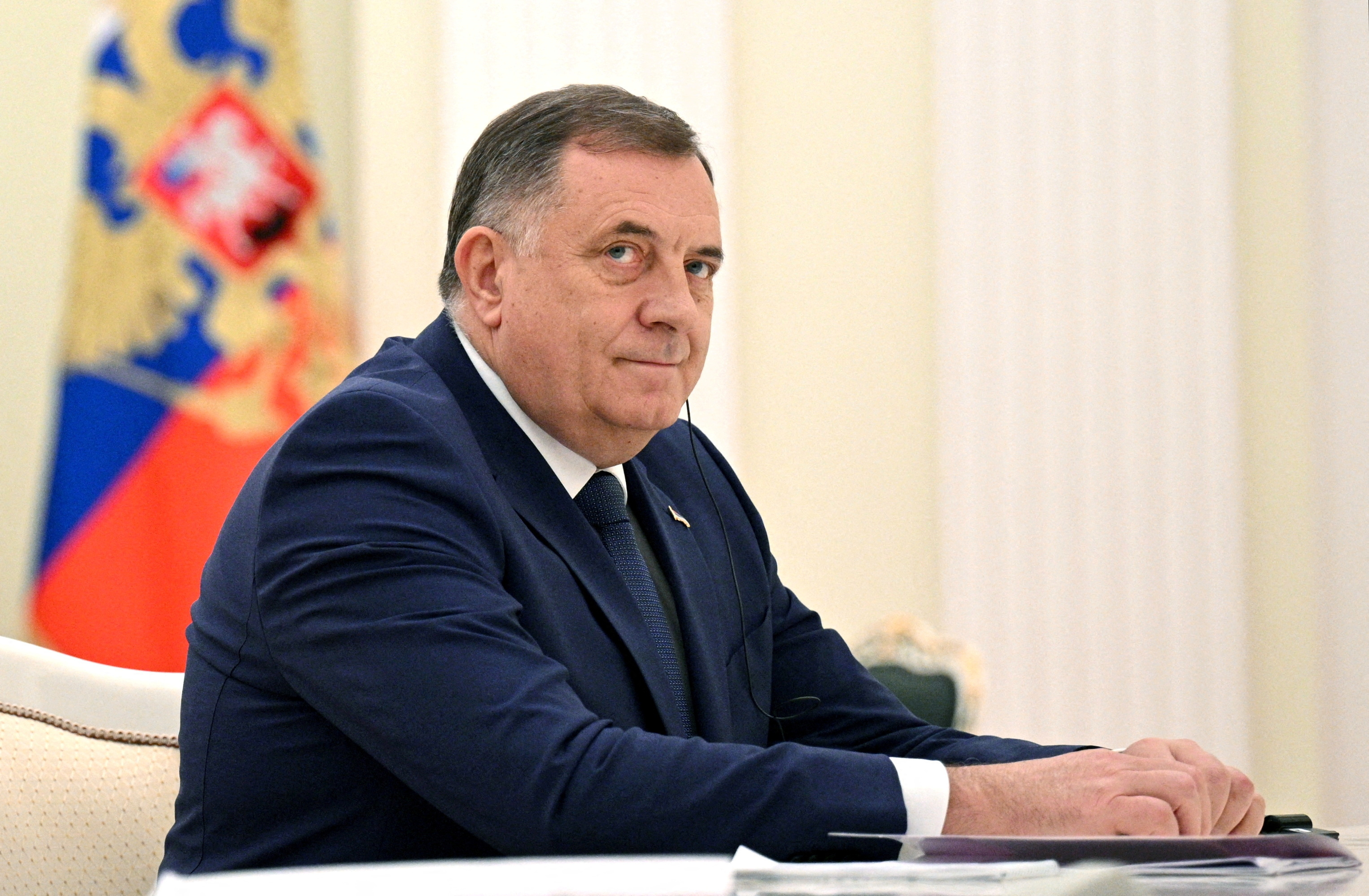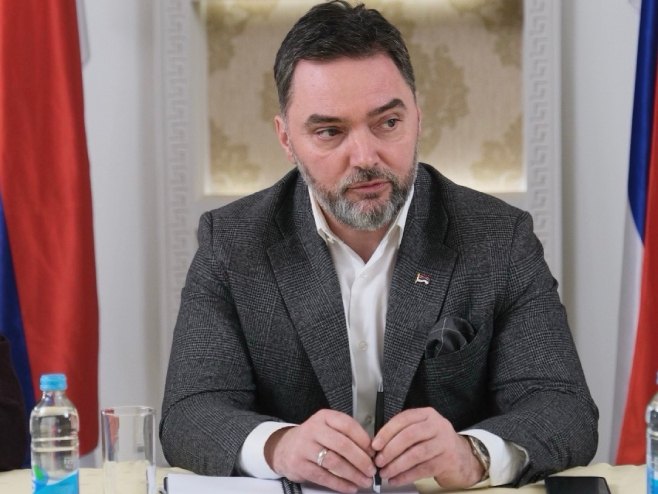No party in Bosnia and Herzegovina should block the development projects of another, as one interconnection does not exclude another. Each new interconnection improves the security of natural gas supply for both Republika Srpska and the Federation of BiH, stated Nikica Vranješ, director of the company “Gas-Res.”
He emphasized that additional interconnections positively influence natural gas prices and create opportunities for local contractors to participate in building these pipelines.
- In the end, entities in the Federation of BiH will have to respect Republika Srpska’s development plans in the gas sector – Vranješ said.
Eastern Gas Interconnection Project
GLAS: At what stage is the Eastern Gas Interconnection project?
VRANJEŠ: Approval of international agreements, including the Eastern Gas Interconnection, falls under the jurisdiction of Republika Srpska and Bosnia and Herzegovina’s authorities. The agreement enabling the project’s launch is already in process, initiated by the Government of Republika Srpska and the BiH Council of Ministers. However, due to the lack of political will from Federation authorities, its adoption has stalled. We believe these development projects will be unblocked soon in the interest of all parties.
GLAS: What activities is “Gas-Res” conducting in the meantime?
VRANJEŠ: The blockade has negatively impacted this and other dependent projects related to gasification. Despite this, we continue market analysis, technical evaluations, and data preparation for the main pipeline projects. We are also collaborating with partners from Russia and Serbia to define technical specifications for connecting pipelines and promoting natural gas as the energy source of the future.
Pipeline and Energy Development Plans
GLAS: Can you describe the new pipeline project and its infrastructure?
VRANJEŠ: The project involves constructing a 300-kilometer pipeline from the Serbian border near Bijeljina, through Brčko, Doboj, Banja Luka, and Prijedor, ending in Novi Grad. This pipeline will enable gasification of northern Republika Srpska and could extend to the Federation near Doboj.
In the first phase, the project targets major consumers, such as gas-fired thermal power plants, city heating systems, and large industrial centers. The second phase aims to expand the secondary network to residential areas along the pipeline route. Gasification could drive industrial growth in areas previously lacking this infrastructure.
GLAS: How does the project contribute to decarbonization efforts?
VRANJEŠ: The project plays a vital role in decarbonization. Natural gas is a cleaner alternative to coal and fuel oil, emitting less CO2. It is also more economically viable than some renewable energy sources. Planned gas-fired thermal plants in Banja Luka and Prijedor, aligned with Republika Srpska’s strategic energy plans, depend on this pipeline.
The integration of the gas pipeline and thermal plants is seen as one project, ensuring economic feasibility. Our partners from Russia and Serbia are fully aware of this and are working with us to establish sustainable demand and financial viability. Once political barriers in Sarajevo are resolved, we will be ready to intensify efforts on this project.
Partnerships and Economic Impact
GLAS: What role does “Gas-Res” play in the project, and how are Russian partners involved?
VRANJEŠ: Appointed by the Republika Srpska Government in 2019, “Gas-Res” oversees the pipeline’s construction, distribution network, and supply systems. Through agreements with “Gazprom Export,” our Russian partner, we ensure stable and cost-effective gas supplies.
Their involvement secures long-term economic viability for the project, and we are prepared to advance quickly once political obstacles are removed, benefiting Republika Srpska and the Federation alike.
Market Trends and Stability
GLAS: How would you describe the gas market in the past year?
VRANJEŠ: In 2023, “Gas-Res” imported planned quantities of natural gas through agreements with “Gazprom Export,” ensuring stable supplies for industry and households. Despite global geopolitical instability, domestic gas prices remained stable thanks to favorable contract terms.
While European gas markets experienced volatility, our pricing model insulated domestic consumers from sudden price changes. “Gas-Res” aims to continue providing predictable economic conditions for customers in Republika Srpska, independent of fluctuations on global exchanges.
Source: Glas Srpske









